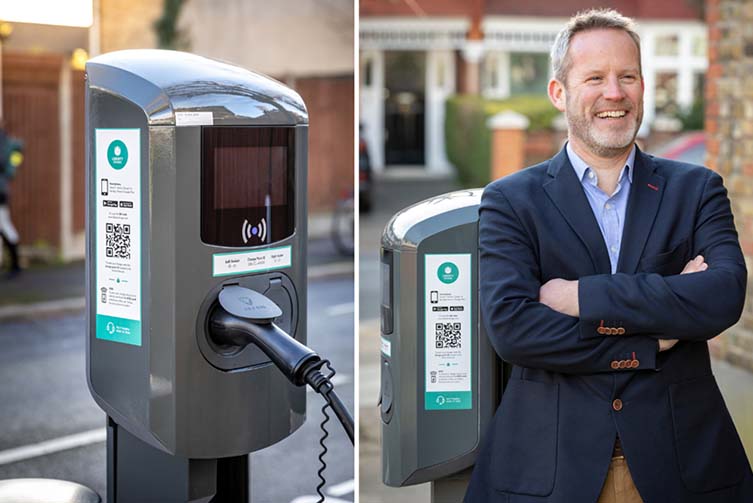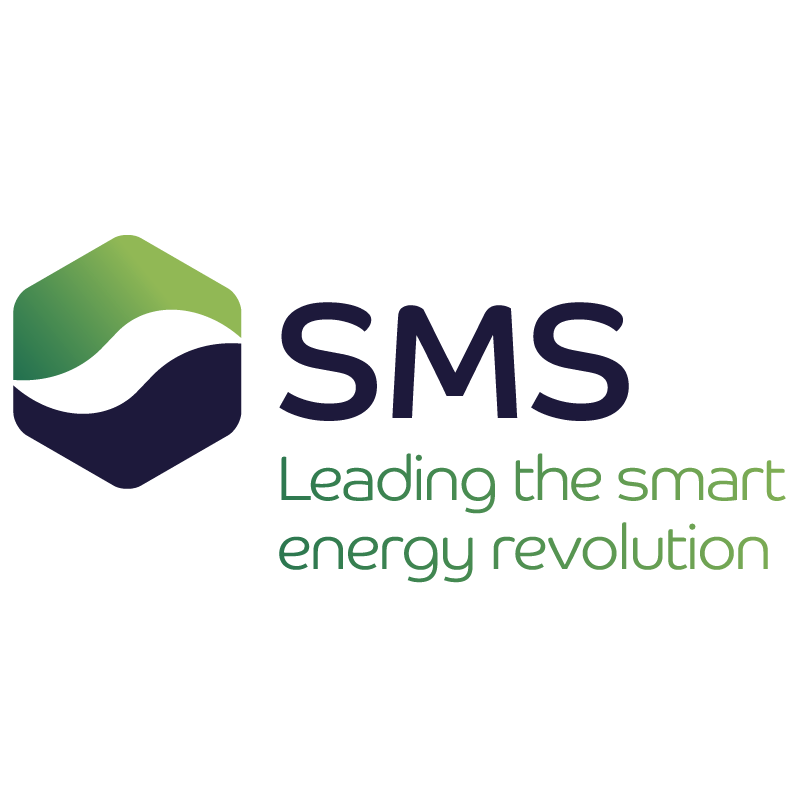With the successful rollout of 654 on-street electrical vehicle (EV) charging sockets across 170 sites in six local council areas, the Virgin Media Park & Charge (VPACH) project has officially ended.
As joint project lead, SMS – alongside Liberty Charge (a joint venture between Liberty Global and Zouk) and other consortium partners including Innovate UK, Cenex, Loughborough University, DETA, Green TV, Ginger, and six participating local authorities – played a key role in carrying out this first-of-a-kind innovative project.
The project uncovered many significant learnings that are set to help shape the national rollout of public EV charging infrastructure in Britain for years to come.
In this blog, we reflect on the important outcomes of VPACH, including delivering on its ultimate objective to demonstrate a sound model that can deliver public ‘on-street’ EV charge points at scale.
Addressing the challenge of public EV charging infrastructure
A recent Freedom of Information request by the Electrical Contractors’ Association discovered that almost half of UK local authorities (of those who responded) do not currently operate any EV charge points, whilst close to two thirds have no plans for charge points and 60% have no funding allocated to deploy them.
Add to this the fact that approximately 40% of UK households do not have access to private, off-street parking at home – meaning that they now or will likely need to rely on public charging infrastructure in the near future – and the huge challenge facing the public rollout of EV charge points nationwide is abundantly clear. And if these statistics are alarming, they become increasingly so when you consider the majority of UK households are generally in towns and cities where air pollution and the need for EVs and low carbon transport is highest.
Therefore, in 2019 the Virgin Media Park and Charge (VPACH) project was set up with funding by Innovate UK and the Office for Zero Emission Vehicles (OZEV) to tackle exactly this challenge, with the objective of developing and demonstrating a model to deliver on-street residential public charge points at scale.
The project consortium (in partnership with councils in Croydon, Waltham Forest, Wandsworth, Hammersmith and Fulham, and West and North Northamptonshire) sought to demonstrate how effective public-private partnership could bring to bear private sector infrastructure funding, the large-scale deployment capabilities of a national telecom’s operator, and a deep understanding of local requirements and constraints and other expertise from a range of subject matter experts.
The key role of SMS in delivering VPACH
Whilst Liberty Charge would own, operate, and maintain the charge points (without requiring any local taxpayer support), SMS was the joint programme lead for VPACH, leveraging its 25-years of market experience of delivering complex electrical infrastructure projects to help coordinate the programme and manage the grid connection process for new charge points.
More than two years since the start of the pandemic-delayed project, and many lessons have been learnt in the delivery over 650 ‘fast’ on street charge points with dedicated EV parking bays for the benefit of local residents.

